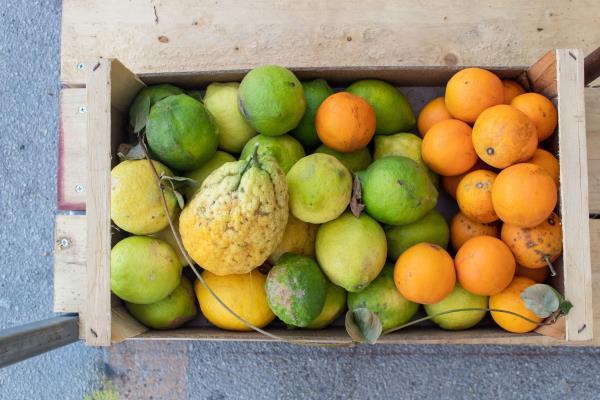Advances in integrated pest management in the face of climate change in Chilean citriculture
Chile
Sunday 03 March 2024
VU
The Chilean Citrus Fruit Committee emphasised the importance of adapting IPM tactics to these climatic changes, pointing out that it is crucial to keep studies on the biology and behaviour of pests in different growing areas up to date. This will allow the implementation of effective and precise strategies (photo: canelalimonchile.com).
Climate change represents a challenge for citrus growers, who are adopting integrated pest management (IPM) to deal with it.
The Chilean Citrus Fruit Committee emphasised the importance of adapting IPM tactics to these climatic changes, pointing out that it is crucial to keep studies on the biology and behaviour of pests in different growing areas up to date. This will enable effective and accurate strategies to be implemented.
The committee highlighted the advances in the study of red scale in lemon trees and the development of a project on the behaviour of Proeulia spp. in citrus.
The committee stressed that the great challenge of IPM is to control pest populations while avoiding significant economic losses, integrating practices that minimise environmental impact. They stressed the importance of combining chemical, biological and physical control with precision technologies and digital tools for effective management.
MIPCitrus is a free app launched by the Citrus Committee for iOS and Android devices. It offers valuable data on common citrus pests, including identification, biology, management, and a photo gallery.
Climate affects the behaviour of pests and insects, altering their life cycle and thus the management strategy. Crop adaptation to changing environmental conditions is also crucial for effective pest control.
To meet these challenges, it is essential that growers carry out constant monitoring in the field, identifying and following the evolution of pests to determine the best control strategies. The lack of information on certain pests, such as Proeulia sp and Red Scale, has led to studies under real conditions to improve integrated management.
IPM, according to FAO, is a sustainable approach that combines various control techniques to keep pest populations at manageable levels, ensuring the least possible chemical intervention and protecting human health and the environment. Olivares stressed the importance of an integrated approach, avoiding routine actions and emphasising pest monitoring and recognition.
In order to strengthen monitoring capacities, the Citrus Committee is providing training on pest recognition, with significant progress already achieved in 2024. Synchronisation of control measures with pest and crop phenology is crucial, highlighting the importance of effective monitoring for informed pest management decisions.
fuente: mundoagro.cl





